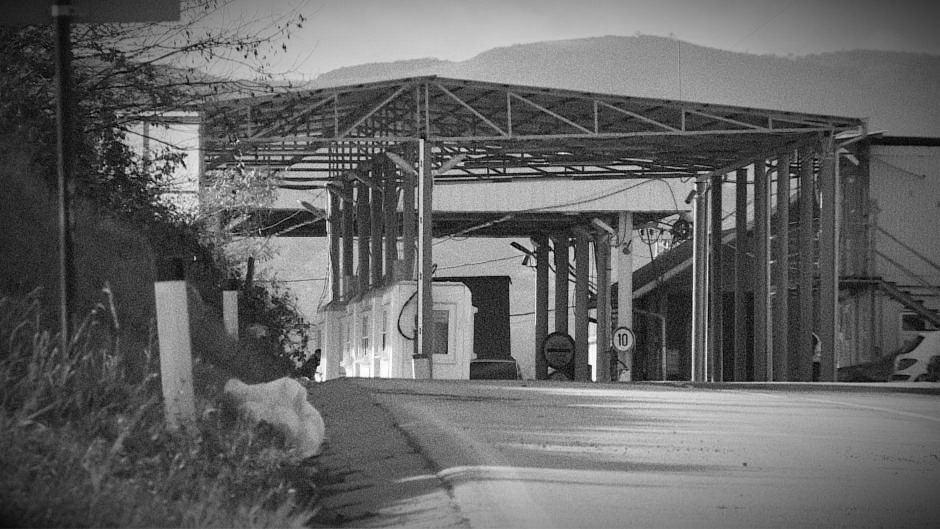The Agreement on Freedom of Movement, between Prishtina and Belgrade, signed in July 2011 within the scope of EU facilitated technical dialogue, aims to solve the problems of freedom of movement, or more specifically, answers the question how citizens can travel within Kosovo, as well as, how they can travel between Kosovo and Serbia and with what documents. It sets out a series of regulations on personal documents (such as ID cards), drivers’ licenses, as well as registration plates and insurance for motor vehicles.
The agreement allows citizens of Kosovo and those of Serbia to move freely within the confines of their respective territories. It stipulates that the administrative boundary can be crossed using ID cards in order to avoid the use of passports and, in that respect, enabled citizens to exercise their right(s) to freedom of movement without directly addressing Kosovo’s status.
As it succeeded in setting up rules that allow everyone to move freely regardless of administrative procedures, a large section of the population has begun to use the conveniences provided by the agreement. The number of people using the agreement’s provision grows by the year. According to a report by Center for Regionalism published in 2013, the average number of persons traveling from Kosovo in the direction of Serbia, in a yearly basis, has amounted up to 144.319, of which 4.811 on a daily basis. When it comes to crossings from Serbia to Kosovo, 142.209 individuals have travelled on yearly basis in this direction (4,740 on a daily basis).
These data show significant growth in the mobility of people between Kosovo and Serbia, when compared to the first two months after the introduction of the regulation. They also show the growing number of the administrative line crossings, even when compared to the period before November 2011, when the insurance regime was introduced. All these trends are proof of the citizens’ interest to exercise the right of freedom of movement, while simultaneously meeting their economic, personal and other interests from both sides of the administrative line.
The agreement has enabled freedom of movement for all people, disregarding the type of documents they are in possession of. However, the situation related to drivers’ licenses is similar as with personal documents remains complex. Serb licenses issued to the Serb population resident in Kosovo are not recognized by Kosovo.
License plates were an additional problem. While Kosovo banned the use of Serbian license plates with prefixes from municipalities in Kosovo, Serbia recognizes ‘KS’ plates (that are status neutral), but not ‘RKS’ ones (that represent the Republic of Kosovo). Entry into Serbia is not possible for vehicles with ‘RKS’ plates, therefore they need to be replaced with temporary plates at the border.
The arrangement of driving licenses and license plates was of great importance as it allowed citizens of both nationalities, regardless of the circumstances, to have the means to use vehicles and the right to operate them accordingly. The goal of the deal was to allow vehicles to freely move, although it remained part of the problem – bearing in mind different positions depending on which documents and whose registration plates individuals have. Nonetheless, with the introduction of the Memorandum of understanding in regards to the vehicle insurance, the reduction of costs and simplification of crossing integrated borders has significantly eased transport between territories, consequently shortening the waiting time at crossings.
The Agreement on Freedom of Movement has brought numerous benefits and a large degree of normalization to life in Kosovo. Nearly eight years after its signing, the impression is that, although the agreement has not solved all issues, it has indeed provided a remedy in that field of freedom of movement and that some of the larger problems have definitely been solved.
Boban Stojanović is Political scientist and doctoral student at the Faculty of Political Science in Belgrade.
The original article was published on the website of NGO Aktiv and you can read it here.
This publication has been produced with the assistance of the European Union. The contents of this publication are the sole responsibility of Kosovo-Serbia Policy Advocacy Group and can in no way be taken to reflect the views of the European Union.

